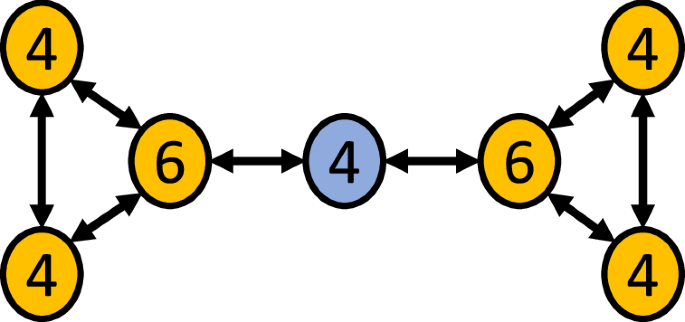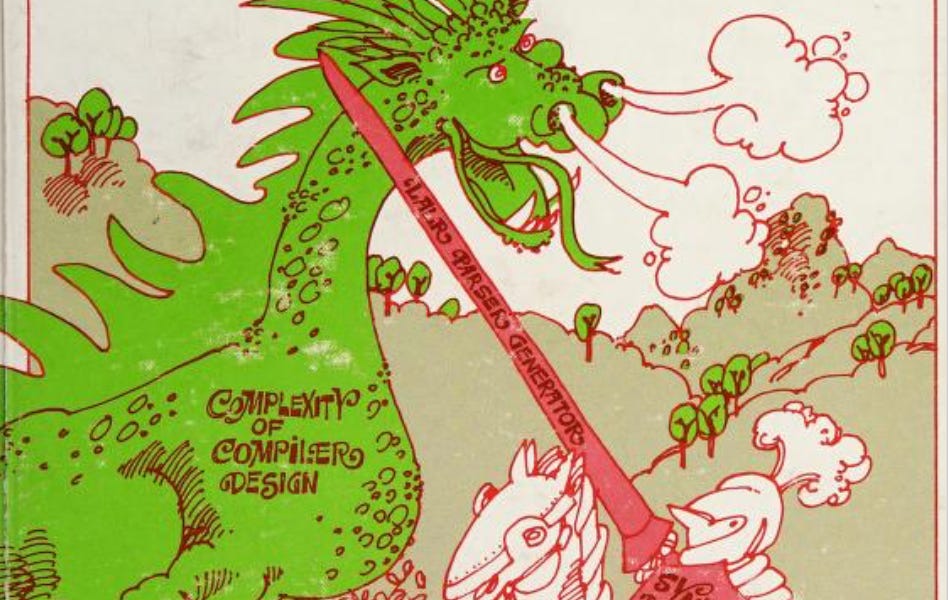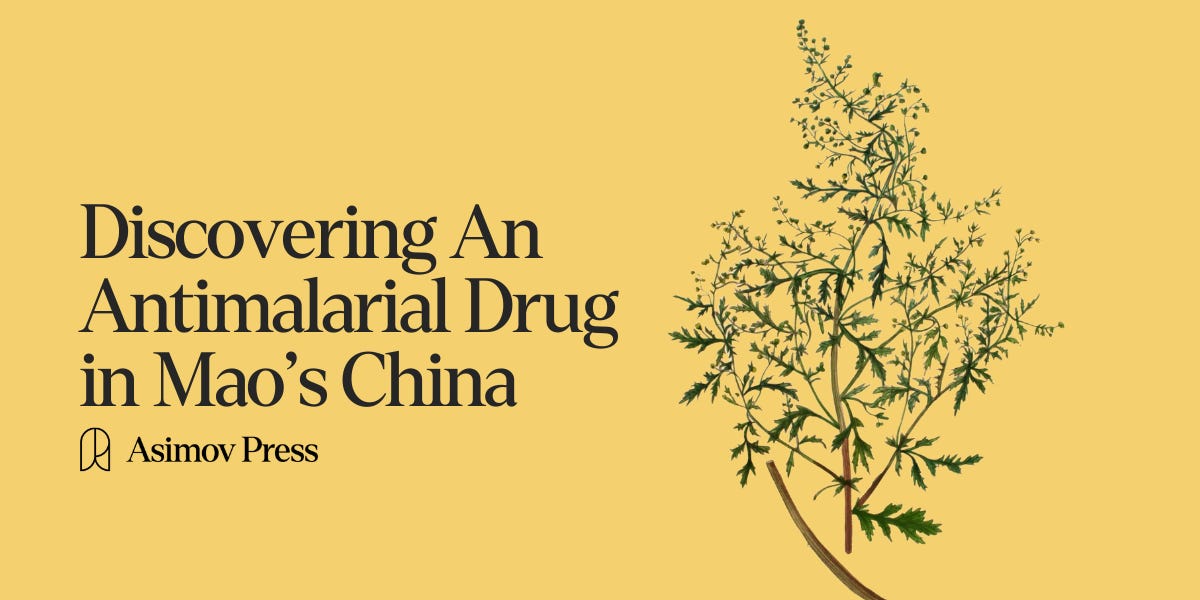
Discovering an Antimalarial Drug in Mao’s China
Wendi Yan writes about the discovery of artemisinin, a medicine that has saved millions of lives, for Issue 01. Drawing on recently published Chinese texts, Wendi’s reporting provides a more comprehensive telling of this discovery than has previously been described.
When her father gave Tu the name “Youyou,” he started with characters from the Chinese classic Book of Odes: “The deer bleat: ‘yōu yōu’ while eating wild ‘hāo’” (呦呦鹿鸣,食野之蒿). The next line, he composed himself: “Green as the hāo grass, repaying the spring sun” (蒿草青青,报之春晖).
Eerily predictive in hindsight, the “hao” in these lines stood for the plant qinghao, or Artemisia annua L. (sweet wormwood), from which artemisinin, the antimalarial drug, was first isolated. Little did her father realize that Tu Youyou would eventually be internationally known for discovering the antimalarial properties of artemisinin, a molecule that inhibits the parasite and is directly responsible for saving the lives of millions of people.
However, the blandly clinical package of artemisinin and artesunate tablets reveals little about how the key compound was first discovered. Chinese researchers scoured ancient medical texts containing written records of malaria outbreaks and the plant-derived recipes that were used to treat them nearly two thousand years ago. It was from these texts that artemisinin was rediscovered.
Leave a Comment
Related Posts
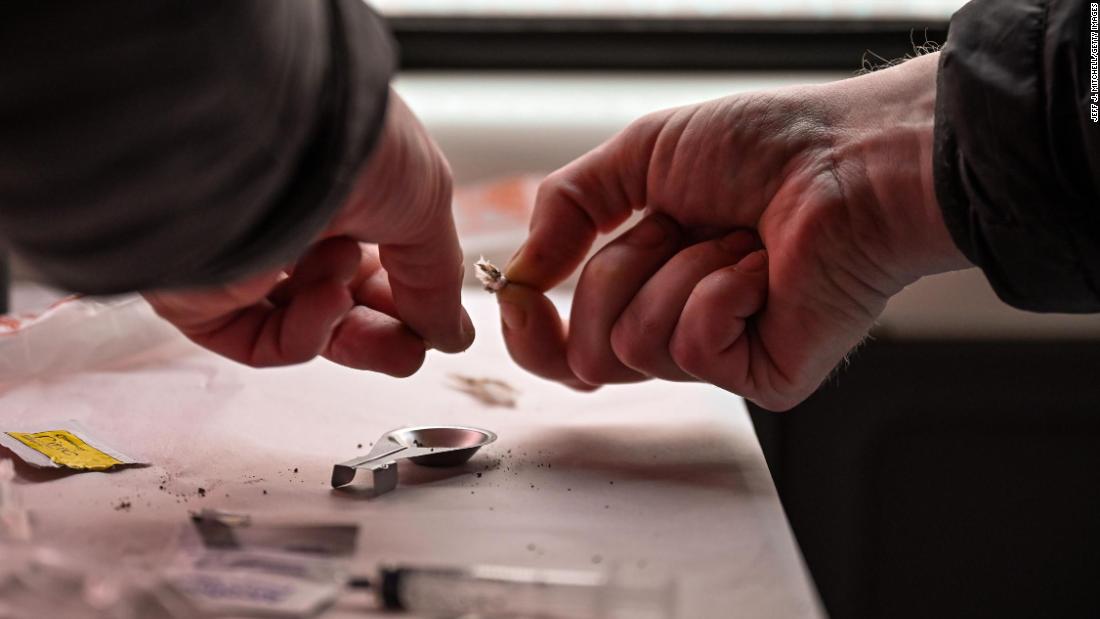
'Trainspotting' turned a spotlight on Scotland's heroin problem. 25 years on, it's Europe's drug death capital
Comment

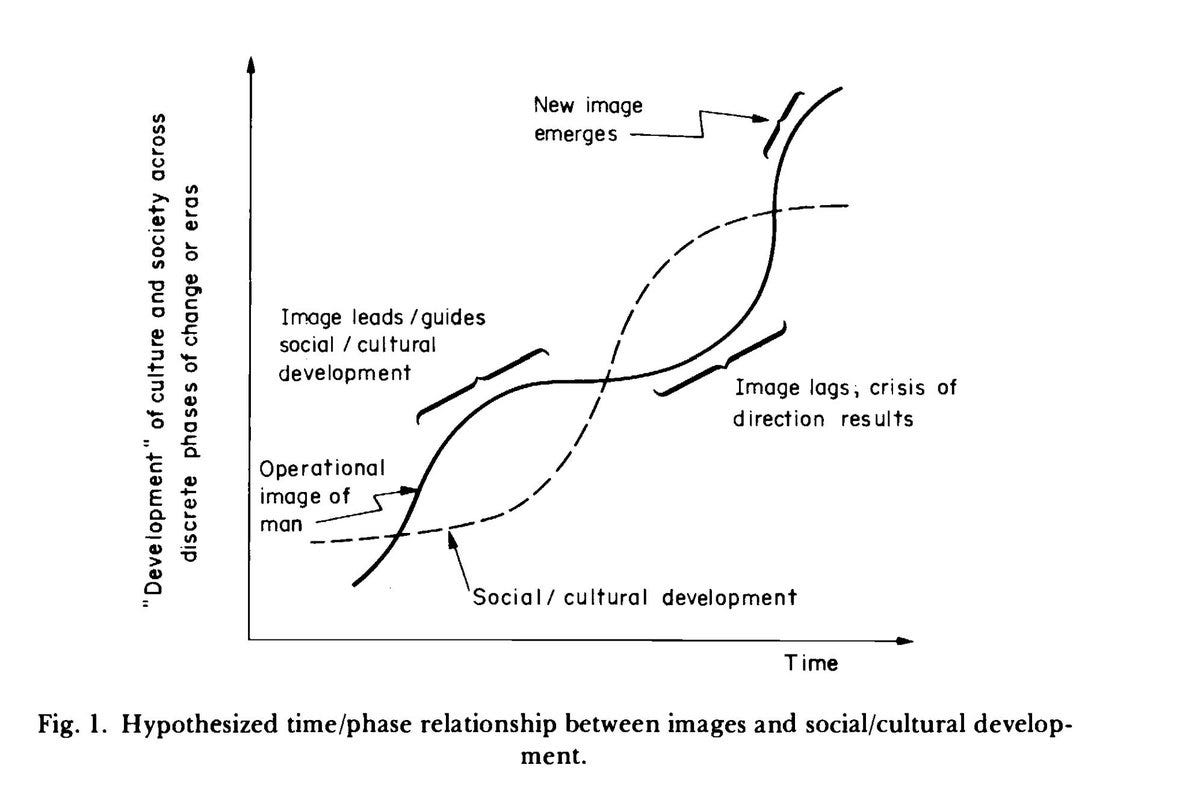


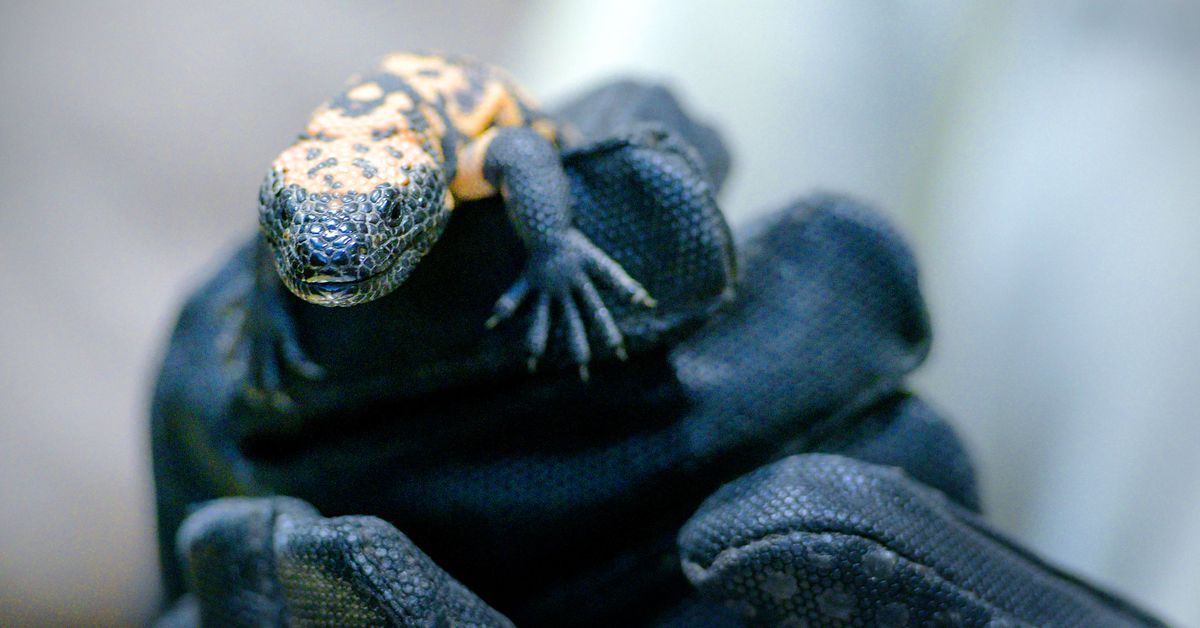







:max_bytes(150000):strip_icc()/_MG_9226-56db54fb3df78c5ba0467139.jpg)




